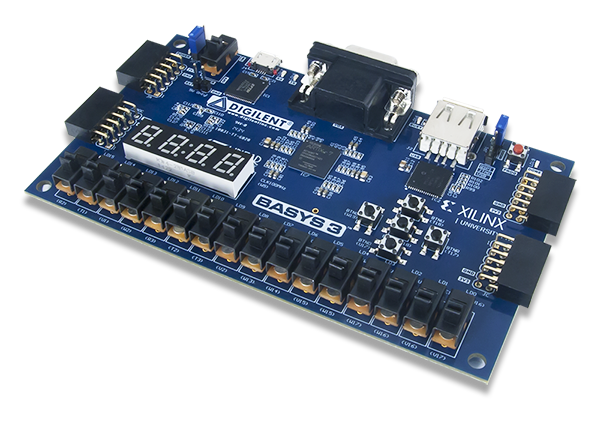Welcome to the BYU Computing Boot Camp webpage! Boot Camp is a summer program for new students (mostly undergraduates) who are participating in the IMMERSE program in BYU’s Department of Electrical and Computer Engineering. The boot camp provides training and experience with computing technologies required to perform research in a variety of Computer Engineering topics. Examples of these technologies include VS Code, git, cmake and make, Conda, etc.
For some of these topics there are self-paced pages with learning activities followed by mini-projects. For others there are just learning activities. For some there are links to video lectures on the topic. See the Schedule page for full details of this year’s schedule.
In addition, Boot Camp also provides discipline-specific training. Boot Camp started in 2020 with an initial focus on FPGA’s and associated topics such as Tcl/Vivado and Project XRay, with Networking and Robotics topics added in 2021. Additional areas may be added in the future.
Although each summer we meet in person to give presentations and have Q&A sessions, the boot camp is largely designed to be self-paced. On the left-hand sidebar you will find many different learning modules that you can complete at your own pace and out of order. These modules contain videos from previous year’s live presentations, ideas for followup activities, and links to helpful tutorials and other resources online to help you dive further into the topic. Typically we introduce some new topics each summer, so you may find that we don’t yet have webpages or videos for those topics, and will be doing live presentations.

Github Repo
The Boot Camp github repository is located at https://github.com/byu-cpe/ComputingBootCamp. This contains files that are used in certain tutorials on this website, so you may find it helpful to clone this repository before getting started.
Contributing
The website folder of the Github repository contains this website. You are welcome to contribute to the Boot Camp by improving materials, adding followup activities for the modules, or adding links to other online tutorials and resources.